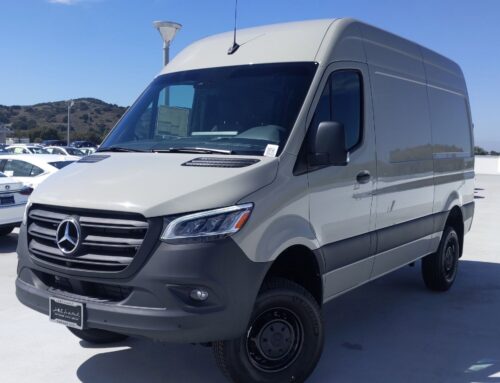Purchasing commercial auto insurance is a crucial aspect of managing your business’s risk. Here are nine tips to help you buy commercial auto insurance while also finding opportunities to save on costs:
- Check employee driving records before you hire: Checking employee driving records before hiring individuals who will be driving as part of their job responsibilities is a wise practice. This step helps ensure that you are hiring individuals with a safe and responsible driving history, which is crucial for the safety of your business, employees, and the public.
- Buy ‘hired & non-owned vehicle’ coverage: “Hired and Non-Owned Vehicle” coverage is an insurance policy that provides liability coverage for vehicles that your business may use but doesn’t own. This coverage is particularly important if your employees use personal vehicles for work purposes or if your business rents vehicles for various business needs.
- Make sure your insurance carrier will add an “additional insured”: Adding an “additional insured” to your insurance policy is a common practice in business, especially when working with clients, vendors, or other parties who want to be covered under your insurance for certain activities.
- Buy ‘driver other car’ coverage: “Drive Other Car” (DOC) coverage is an endorsement that can be added to an insurance policy to provide coverage when an insured individual drives a vehicle they do not own. This coverage is typically added to commercial auto insurance policies or personal auto policies for business owners and executives. Adding “Drive Other Car” coverage can be a valuable addition to your insurance policy, providing flexibility for individuals associated with your business to drive vehicles they do not own. Always consult with your insurance agent to tailor coverage to your specific needs and ensure compliance with any legal or contractual requirements.
- Buy ‘rental reimbursement’ coverage: “Rental Reimbursement” coverage is an optional add-on to your auto insurance policy that helps cover the cost of renting a vehicle while your insured vehicle is being repaired or replaced due to a covered claim.
- Purchase higher limits for better protection: Increasing the limits of your insurance coverage is a smart decision to enhance your protection in case of unexpected events. Higher coverage limits mean more financial protection in the event of a claim, reducing the risk of out-of-pocket expenses. Keep in mind that the optimal coverage varies for each individual or business, so it’s important to tailor your insurance to your specific needs and circumstances. Always consult with your insurance agent or provider to make informed decisions about your coverage.
- Combine commercial auto with a BOP or package policy: Combining commercial auto insurance with a Business Owners Policy (BOP) or a package policy is a common practice for businesses looking for comprehensive and streamlined insurance coverage. This approach, known as a business insurance package, can offer several benefits, including cost savings and simplified management.
- Pay with EFT: Paying for your insurance with Electronic Funds Transfer (EFT) is a common and convenient method. While EFT payments offer numerous advantages, it’s essential to ensure that you use secure and reputable banking channels to mitigate any potential risks associated with electronic transactions. Always monitor your bank statements and keep track of your payment confirmations for your records.
- Increase your deductible: Increasing your insurance deductible is a strategy that can impact your insurance premiums. The deductible is the amount you agree to pay out of pocket before your insurance coverage kicks in. Before making any changes to your deductible, it’s advisable to consult with your insurance agent or provider. They can provide insights into how changes may affect your coverage and offer guidance based on your specific circumstances. Additionally, consider obtaining quotes with different deductible options to evaluate the potential cost savings and determine the best balance between premiums and out-of-pocket expenses.
NOTE: This information is only a general description of the available coverages and is not a statement of contract. All coverages are subject to all policy provisions and applicable endorsements. Some coverages may be subject to individual insureds meeting underwriting qualifications and to availability within a state. For further information contact an Agent at The Major Agency 470 641 1304.





Leave A Comment